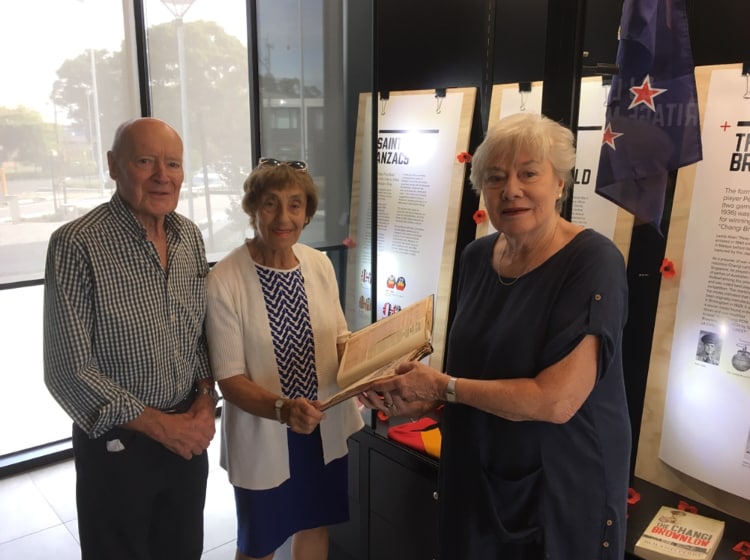Stuart King was a talented footballer, a record-holding cricketer and a much-loved teammate to his fellow Saints.
But tragically, at the age of just 36, the former Saint made the ultimate sacrifice for his country.
King was one of Victoria’s top sportsmen in the 1930s, representing Victoria in both football and cricket.
He died in 1943 while serving in the Air Force. At the time, his son Gerald was aged six and his daughter Diana just three.
Gerald King and Diana Garretty have loaned our club the scrapbook which was prepared by Stuart King’s mother.
ON THIS DAY: Lenny Hayes debuts
The poignant inscription she wrote to her son read that he could enjoy looking back at his feats “in the years to come”.
King was born in Ararat in 1906, and his aptitude as an all-round sportsman would see him play a small part in a monumental feat in cricket history.
He was a member of the Victorian side that amassed 1107 against New South Wales, which stands to this day as the highest ever first class score worldwide.
As a middle-order batsman he scored seven, but when he was the fifth man dismissed the team had reached 5/657, so there were plenty of runs already in the bank!
He played 12 games for the Victorian cricket side – no mean feat in an era when the legendary names of Bill Ponsford, Bill Woodfull and Jack Ryder headed the batting stocks.
He graduated in his legal studies at Melbourne University and in the sports world seemed happy to concentrate on his cricket, captaining both the University and St Kilda clubs at District level.
He also captained University Blacks to two premierships in the amateurs.
All VFL clubs chased him, but he was content to remain in the amateurs until the Saints finally convinced him to play League footy.
He was 25 when he joined St Kilda and was made captain in his second year, 1932.
King was a versatile footballer who could turn his hand to ruckwork if needed and was a dashing defender prepared to run with the ball.
Incredibly, he was captain of both the St Kilda Cricket Club and the St Kilda Football Club concurrently.
CHANGI BROWNLOW: Famous medal visits St Kilda
After the sacking of coach Charlie Hardy early in 1932, he took on that role as well.
He was well-respected by his teammates and always willing to learn. He became embroiled in the club's internal dispute of 1933, and retired from League football to concentrate on his legal practice.
In 1942, he signed up for active service.
“He said to our mother, ‘I have to go, it’s my duty’,” said Diana.

Stuart King's children Gerald and Dianne present their father's scrapbook to St Kilda's museum curator, Georgie Day.
In 1943, Stuart King was an Intelligence Officer for the RAAF based in Cairns and was flying in a plane doing an anti-submarine patrol off Cairns.
There were suggestions he was on a covert operation, but it is more likely that rather than work constantly behind a desk, he simply wanted to do his bit in combat for the first, and as it would turn out, the only time.
An investigation at the time revealed that with their fuel dwindling, a request was made to land at Cairns Airport and for a searchlight to be turned on.
Only one person was working at Cairns airport that night and may have forgotten to turn on the landing lights.
MATCH DAY INFO: All you need to know for Adelaide at Marvel
After his death, his children had to endure years of not knowing his final resting place, as the wreckage of the plane carrying King and 10 other men was not discovered until 2013.
Even then, it took a further two years for the RAAF to confirm its identity.
“It was very frustrating,” Diana recalled.
“We were so close to it.”
Thankfully, when the plane’s identity was confirmed, the Air Force showed its compassion to the families of those who died and flew relatives to Cairns where a plaque was unveiled.
Stuart King’s sad story should never be allowed to dim the memory of a man who was said to be universally popular with teammates.
A Saint through and through.
Lest we forget.




